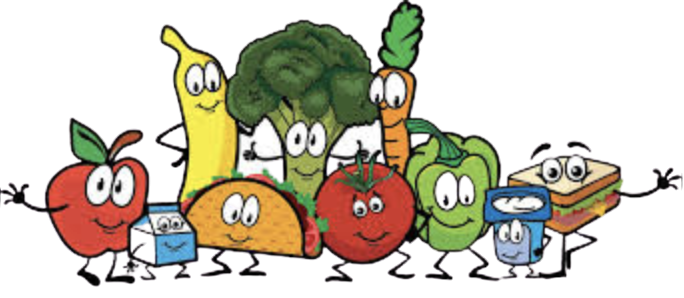There are different ways to combat obesity. Higher fruit and vegetable consumption has been linked to lower incidences of obesity (Rolls, Ello-Martin, & Tohill, 2004). Fruit and vegetable consumption leads to overall improved child development, weight management, and higher academic scores (Mikkelsen, Chehimi, & Cohen 2007; Florence, Asbridge, & Veugelers, 2008; Basch, 2011).
Unfortunately, children’s consumption of fruits and vegetables is much lower than recommended guidelines (Hockesin, 2010), and furthermore, studies have shown that children from lower socioeconomic status families consume significantly less fruits and vegetables than their counterparts (Rasmussen et al., 2006, Epstein et al., 2001).
Now that healthier options are being offered to children within the school environment, it is critical for health professionals to nudge or influence students to make healthier lunch choices. The field of behavioral economics combines psychology and economics and assesses strategies that can help shape one’s behavior while being economically efficient.

